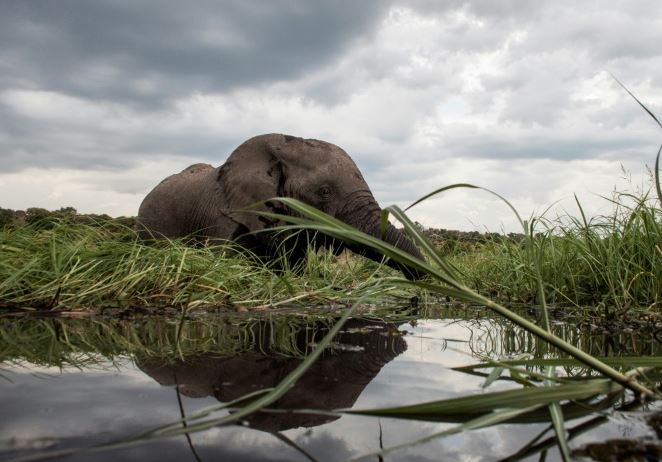×
The Standard e-Paper
Join Thousands Daily

Kenya does not support re-opening of rhino horn trade, Tourism ministry says [Courtesy]
The Ministry of Tourism and Wildlife has said Kenya does not support re-opening of trade in products obtained from endangered species like rhino horn.